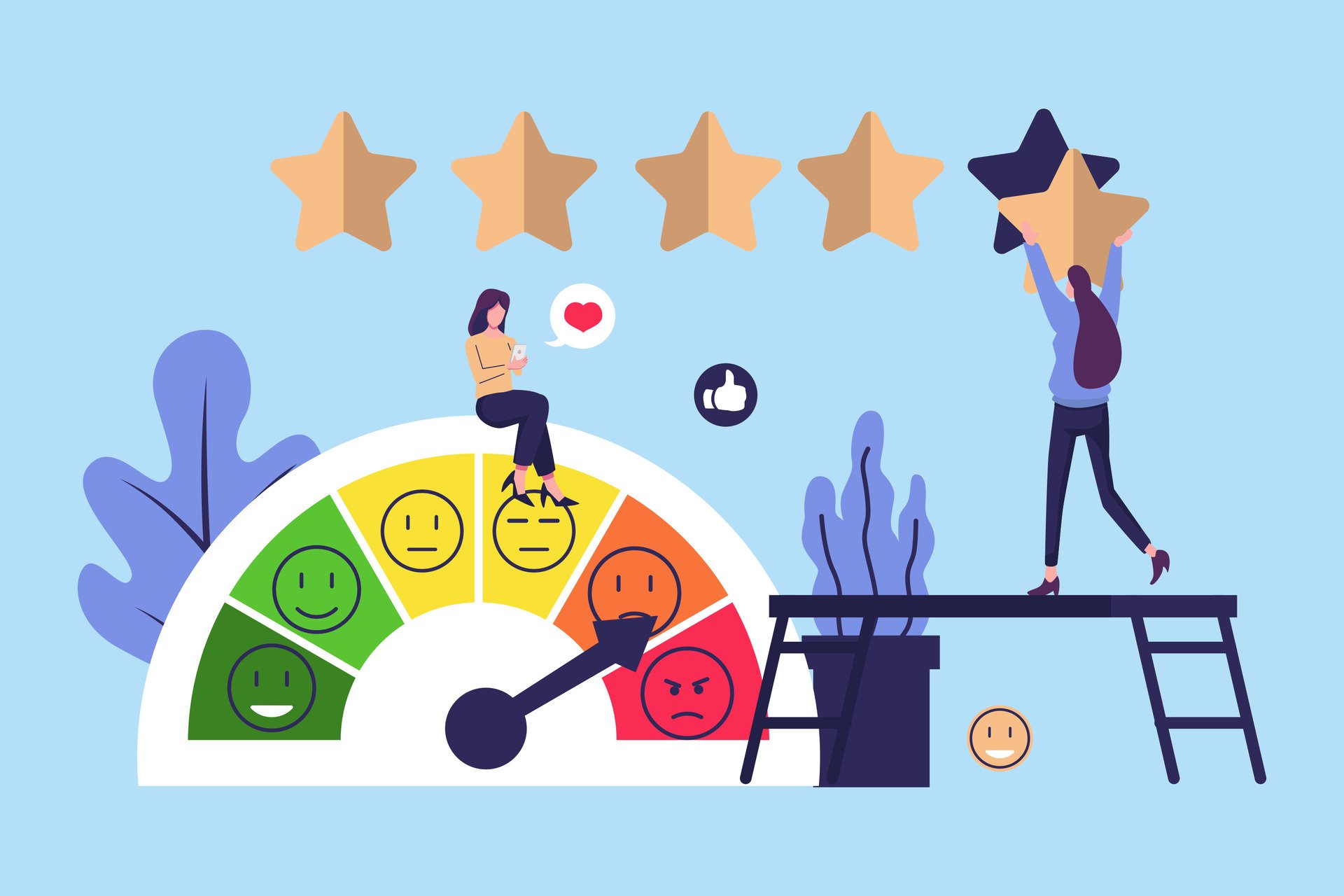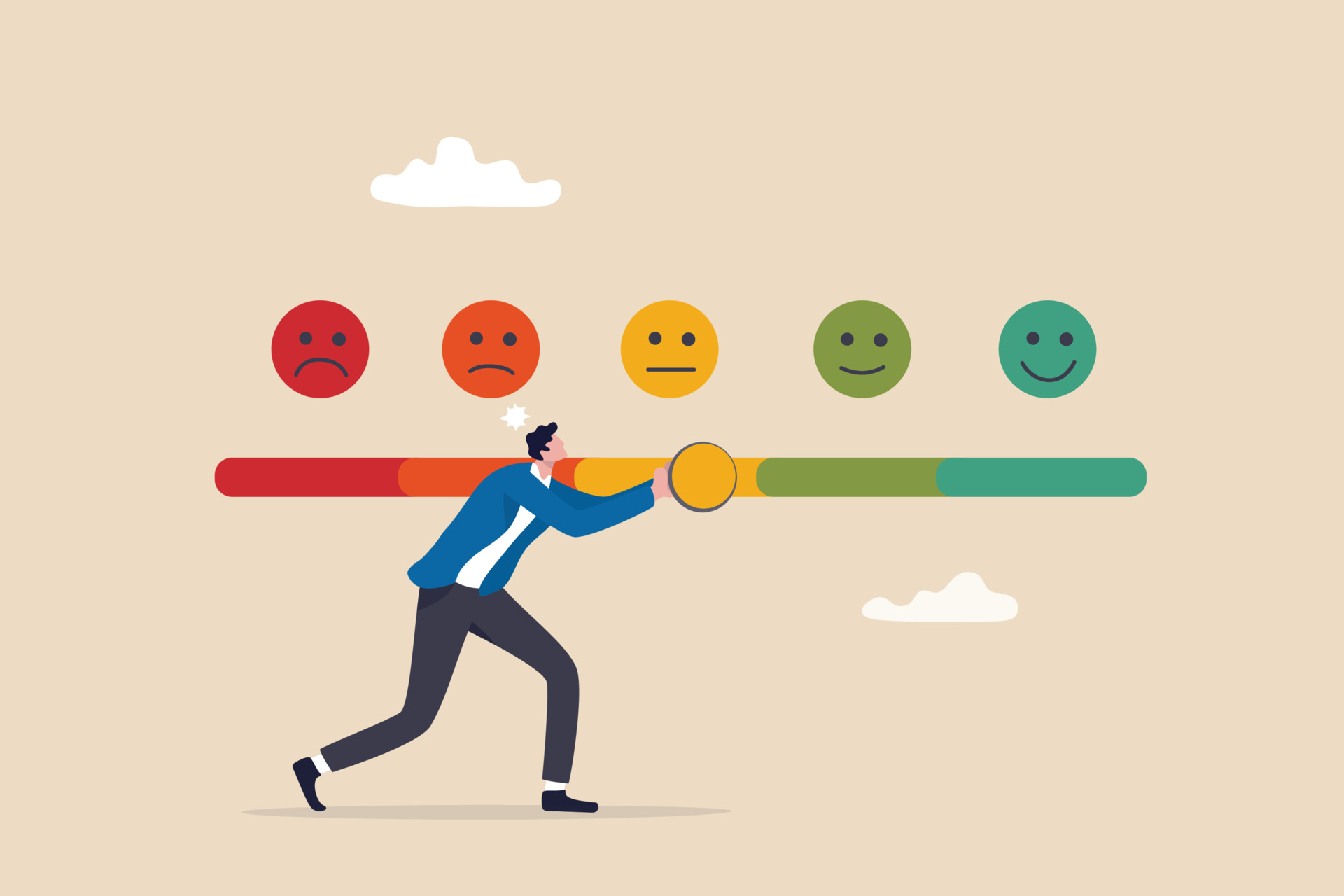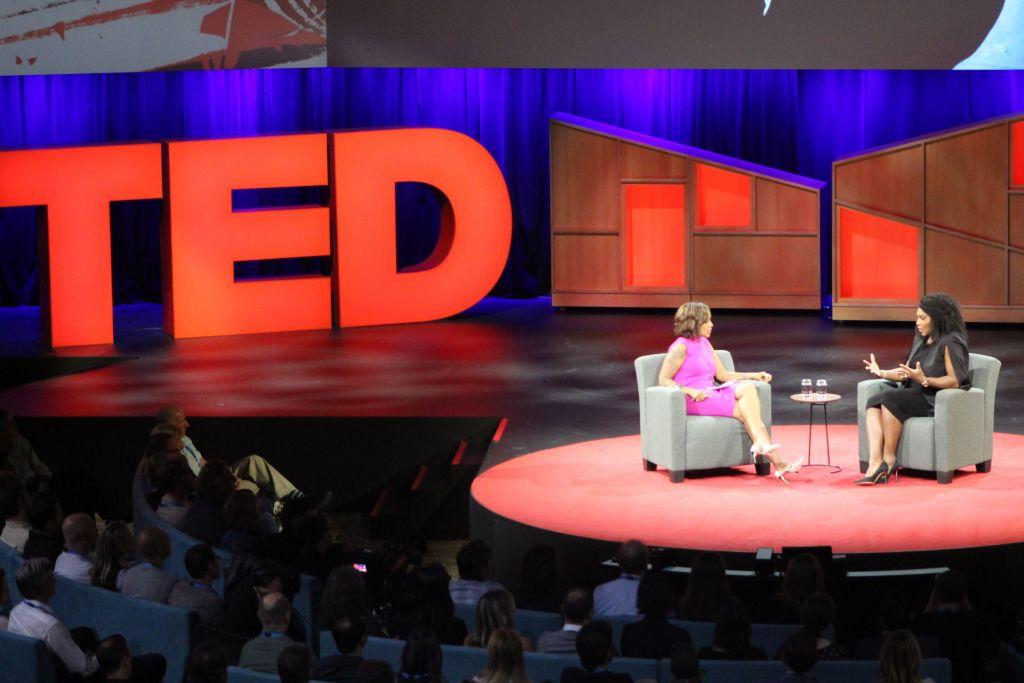Millennials at work and their different ways to approach.
Nearly five years ago I left the hustle and bustle of New York City where I spent two years as an Investment Banking Analyst at J.P. Morgan to move to Santiago, Chile where I co-founded my first startup, Hibox. I attribute my departure to youthful wanderlust, coupled with the desire to work on a project that I was truly passionate about. In the process, I joined a growing population of “Millennials” that — like it or not — are demanding a different approach to work. When it comes to the future of work, with Millennials representing an increasing share of the global workforce and a large number of us shifting into more senior positions, we are no longer the leaders of tomorrow. We are the leaders of today. I would like to share my insight into how I not only became a Millennial business leader, but how I also built and now maintain a thriving Millennial workforce.
Last year, Deloitte conducted a survey on Millennials where they concluded that, “Millennials feel that most businesses have no ambition beyond profit, and there are distinct differences in what they believe the purpose of business should be and what they perceive it to currently be.” In October 2012 when I moved to Chile, this could not have been more true for me. As a Millennial having endured the demanding and financially-driven Investment Banking industry, I yearned to sell something more tangible than my financial advice.
The Emotive Brand based out of San Francisco suggests that “almost any company can perform better if their brand connects with people on an emotionally meaningful level.” At Hibox, we take this “Purpose-led” approach beyond our customer messaging and into our offices as well. We have over 20 people on our team, which is a big challenge because we have people based in 4 different countries all collaborating towards the same goal. In having such a diverse and dispersed team, we make sure to ask why our potential employees are interested in helping to build and promote a collaboration platform.

The general stereotype of Millennials at work:
We are impatient for promotion, dependent on praise, shocked by criticism and woefully ill-prepared for career success. However, according to the aforementioned Deloitte study, we prioritize good work-life balance, opportunities to progress as leaders, and flexibility in hours or location.
At Hibox, we have people in Argentina, Brazil, Spain, and the United States all collaborating towards the same goal. We are actually very fortunate in that the product that we make ourselves is our greatest enabler of collaboration. As a platform that combines task management with team messaging and video conferencing, we are able to manage projects and easily communicate with our team, no matter where they are based.
In 2016, we moved Hibox’s commercial HQ to Barcelona. Beyond setting our own schedule, I enjoy having the geographic flexibility to get work done. According to a report by PwC, Millennials “will be drawn to organisations that offer an engaging, comfortable, and stimulating atmosphere that creatively blends work and life.”
For our company, Barcelona is that atmosphere “that creatively blends work and life.” This city attracts globally minded people who want to work in a culturally enriching environment. While a typical work week may look like a view from our headquarters overlooking Las Ramblas de Catalunya, with access to the beautiful beaches of the Mediterranean and the picturesque peaks of the Pyrenees, there’s no telling where you might find a Hibox employee seeking their next big burst of inspiration.

Having worked on the “other side,” I cannot deny the inevitable stigma associated with the Millennials at work.
Nonetheless, Millennials are a talented and dynamic generation, and the best of them are hard to find and even more difficult to keep. The finest of them are already in high demand and the employers that meet their expectations will be able to take their pick of this generation’s talent.




